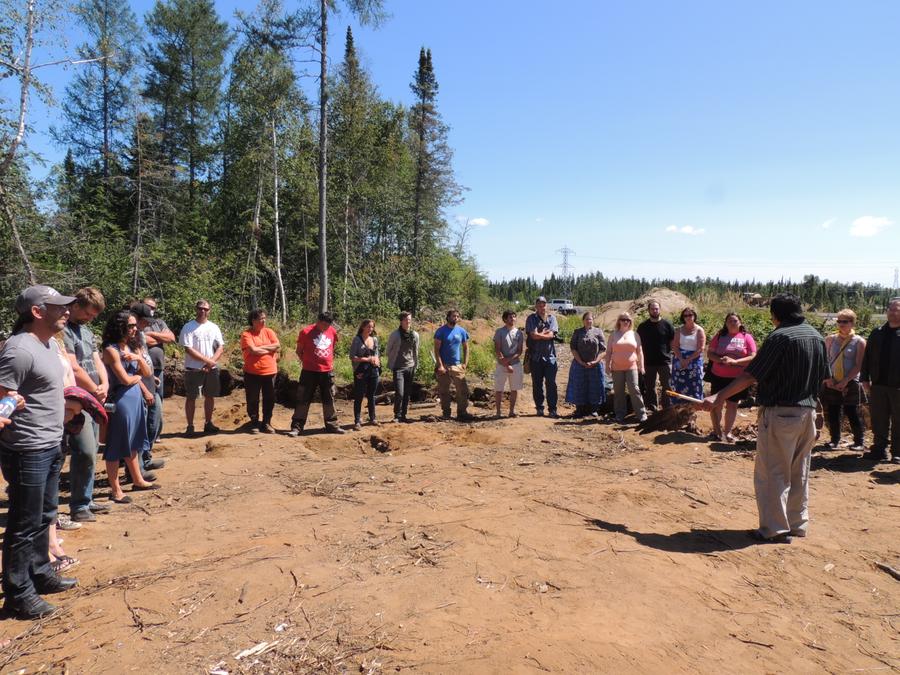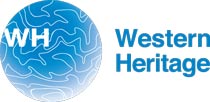
Around the world, meaningful and effective community engagement has become one of the most important aspects of any company’s operations and corporate social responsibility plans.
Western Heritage process for community engagement follows four main pillars:
1) Building Relationships and Trust
2) Building Community Knowledge
3) Building Shared Value
4) Building Sustainability
Western Heritage considers these pillars within the broader context of the Cultural Landscapes a community is situated within. Cultural landscapes incorporate both tangible and intangible values of cultural and natural features, as well as the interactions between people and their surrounding environments.
The Western Heritage approach to community engagement is based on working with communities and providing them with the knowledge to fully understand proposed developments, along with the knowledge for effective conservation and management planning. We believe in the importance of working with communities to create shared value, and we believe strongly in the importance of building sustainability into any community plans. To do this, Western Heritage uses its own experienced staff, expert associates, and community members.
Whether you represent the interests of a resource development company, a community involved in development, an Aboriginal or Indigenous group, or a government agency, Western Heritage can work with you to develop a sustainable action plan to address community needs and concerns.
Some of the components of typical sustainable engagement plans include:
- Community Surveys and Interviews
-
Open Houses and Workshops
-
Stakeholder Meetings and Discussions
-
Capacity Building and Training Programs
-
Co-management Planning
-
Traditional Knowledge Studies
-
Traditional Land Use Studies
